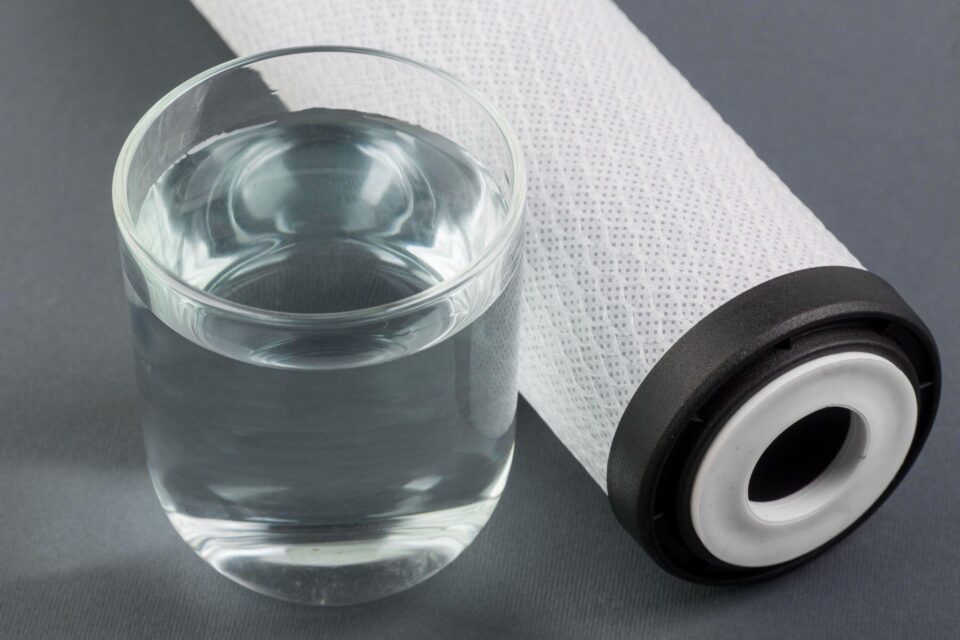Standard water softening methods rely on the ion exchange process which involves the introduction of salt into the system. This not only raises the level of sodium within water but also entails a waste of water in the process. Furthermore, a certain amount of salt is released into the environment, affecting the water and soil, not to mention the fauna. These concerns reduce the appeal of conventional products for environmentally sensitive consumers.
Advantages of Salt-Free Systems
RO systems are meant to condition water without using salt and is an essential factor, which must be taken into consideration. These systems predominantly employ a manifestation of change of the structure hardness minerals and its prevention of formation of scale. A great benefit is that continuous topping up of salt as in the conventional systems is not needed and that therefore, you will not incur the costs associated with the salt in the long run. They also have zero pollution, which makes a healthier environment and no waste of resources.
Health and Environmental Benefits
Adopting a salt-free system has several advantages in terms of diminishing the deleterious effects on health as well as preserving the environment. It should be mentioned that in contrast to many other water treatment systems which add salt, these systems preserve the mineral balance of water which is good for our health.
Furthermore, salt-based water softeners eliminate the intensity of sodium in the water supply for households, which is so recommended for those with restricted details on sodium intake. Environmentally, they do not allow for the discharge of brine into the source of water thereby safeguarding the lives of several aquatic animals and/or fishes and also the quality of the soil.
Versatility and Integration
Another advantage of salt-free water softeners is that it is also very flexible, you can use it on your home’s system and they are very easy to install. They are versatile and work well with several pipe arrangements; they also have a low maintenance requirement. For example, when you are using stainless steel kitchen cabinets for your home outdoor renovations, you can integrate a salt-free system to maintain the healthiness of the water without affecting the conservation goal.
Beauty and Utility Enhancements of the House
Besides the usual water softening trends, I have realized that another component that most homeowners want to change is the aesthetics and the functionality features, for instance, custom countertops for sale. In utilizing a salt-free water softener system, your investments can also be safeguarded from scaling and utilized for a longer period. This not only makes the inside of your house exquisite and useful but it also complements the practice of preserving the environment.
Conclusion
The process of solving the problem of softening the water with focus on its environmentally friendly methods is gradually being boosted by salt-free technologies. The said systems present a cleaner, ecofriendly, and more health-conscious approach over conventional water softeners. Choosing a salt-free softener is beneficial to the environment and to you, because it is guaranteed that the water the home will receive is excellent. Take a chance and support this decision to help make the world a better place and enjoy even minor advantages that affect any house and health.

